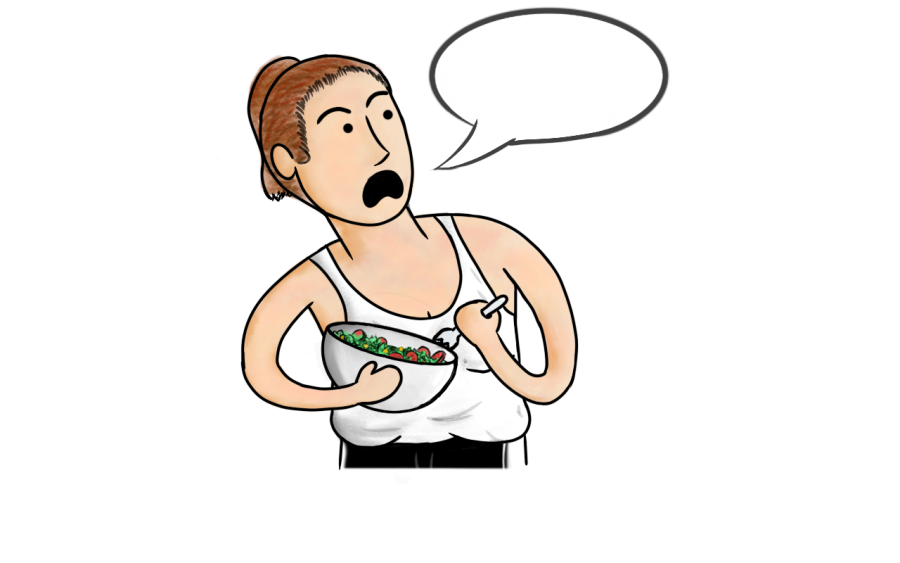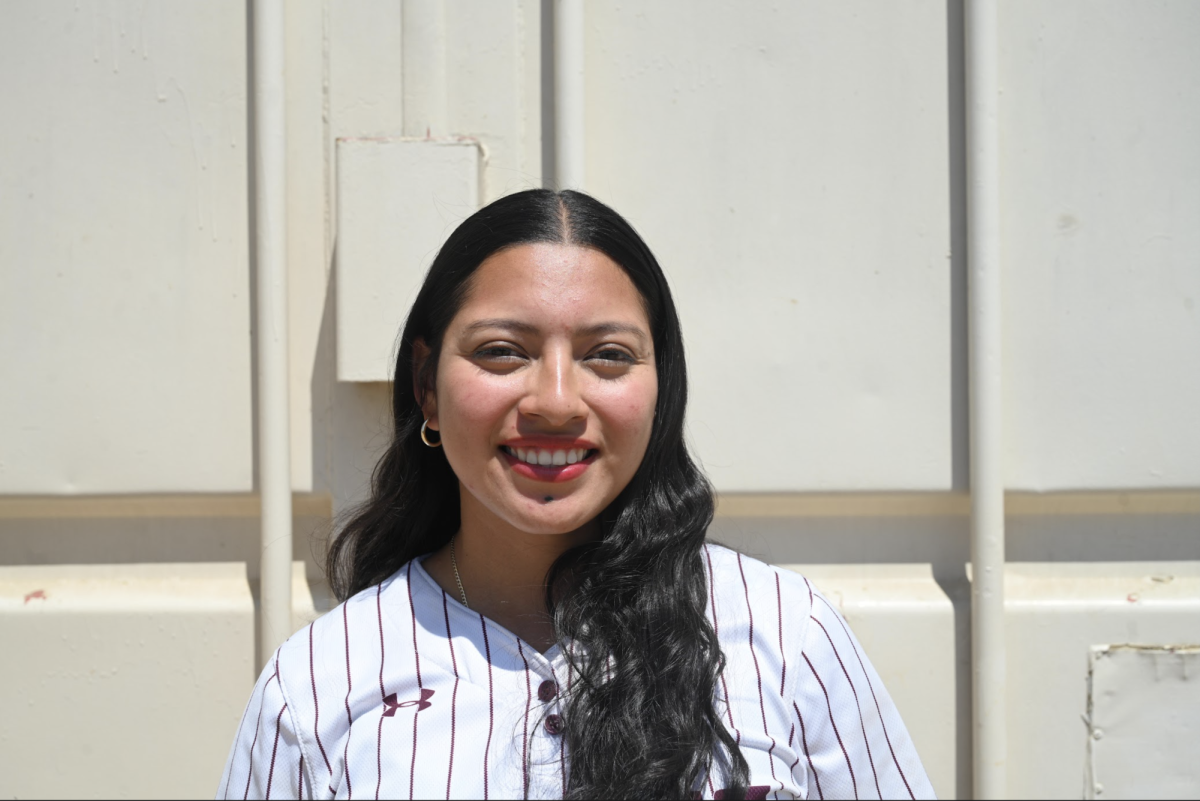Orthorexia: When ‘Clean Eating’ Becomes Obsessive
Orthorexia nervosa is a condition characterized by an obsessive behavior in pursuit of a healthy diet.
Dec 4, 2019
“Clean eating” has become a new diet fad.
Gluten-free this, dairy-free that and anything organic feeds into the idea of choosing only whole foods and avoiding anything processed.
It’s not necessarily a bad thing to eat this way, but sometimes these food preferences can take over people’s lives and become an obsession.
When a healthy eating pattern goes too far, it may turn into an eating disorder that scientists are just beginning to study.
One 28-year-old woman was recently admitted to a hospital due to severe malnutrition resulting from a desire to eat only “healthy foods.”
The patient had intense acne when she was 14-years-old and resorted to a fat-free diet, as recommended by a nutritionist, after conventional treatments did not work. She restricted different foods when she was 16 and two years later she became a vegetarian. At 24-years-old, she eliminated eggs and dairy products from her diet. That year, she weighed 95 pounds, but she had never been overweight.
Two years later, she decided to eat only uncooked vegetables.
She isolated herself from her usual social circles, and began to hang out almost exclusively with people who shared her ideology.
She began losing weight and only ate once a day since she did not have time to eat under her standards of eating—all meals should be eaten slowly, chewing each bite many times and meditating while eating. She dropped to 77 pounds after 6 months.
After a trip abroad, she suffered from diarrhea which she treated by partial fasting. Her weight dropped to 60 pounds.
During her hospitalization, doctors detected none of the typical anorexic behaviors. She had no distortion of her body image or a desire to be thin. Her obsession did not revolve around her weight, but rather, foods that, according to her criteria, were healthy.
She was never aware of the seriousness of her malnutrition.
It turns out the woman was suffering from what doctors call orthorexia nervosa.
Orthorexia is a fairly recent concept. Dr. Steven Bratman, an alternative medicine practitioner, first coined the term in a nonscientific essay in Yoga Journal in 1997. Many of his patients believed that the key to good health was eating the “right” foods. They would ask Bratman what foods to cut out.
Orthorexia comes from ortho, the Greek word meaning “proper” and -orexia meaning “appetite.” Bratman added nervosa to reference anorexia nervosa, the well-known eating disorder which causes people with a desire to be thin to starve themselves.
He never expected the concept of “clean eating” to become mainstream over the next two decades.
Celebrity diet gurus have reinforced the idea that eating only certain foods and avoiding others is healthy eating.
Orthorexics exclude foods from their diets that they consider to be impure such as artificial substances or those treated with herbicides. They worry about the materials and techniques used in foods.
While people with symptoms of orthorexia are showing up in hospitals, the disorder is still not accepted by medical professionals.
Scientists argue that there are not sufficient studies on orthorexia compared to eating disorders such as anorexia nervosa.
There is no common definition, standard diagnostic criteria or reliable ways to measure orthorexia’s psychological impact.
Orthorexia is not specifically listed in the Diagnostic and Statistical Manual of Mental Disorders (DSM), a publication by the American Psychiatric Association for the classification of mental disorders using a common language and standard criteria, but that does not mean it is not treated by hospitals and clinics.
Scientists look at it as a piece of other related disorders — eating disorders, obsessive compulsive disorder and anxiety.
Doctors treat it by looking at the patient’s thought processes and beliefs.
Bratman clarified that orthorexia is not the same as healthy eating. It only applies when an eating disorder develops around healthy eating.
Eating disorders can strike anyone.
“We haven’t had any incidences of students coming in describing with symptoms related with orthorexia,” said school psychologist Ms. Ellen Herndon.
“We haven’t had any incidences of students coming in describing with symptoms related with orthorexia,” said school psychologist Ms. Ellen Herndon.
She recommends that students come speak to her if they think they have orthorexia or any eating disorder.
Herndon also explains some recurring causes of anxiety for students.
“Even though we have students with significant symptoms related to anxiety, they are not as a result of a diet. It’s usually more due to a result in academic performance.”









